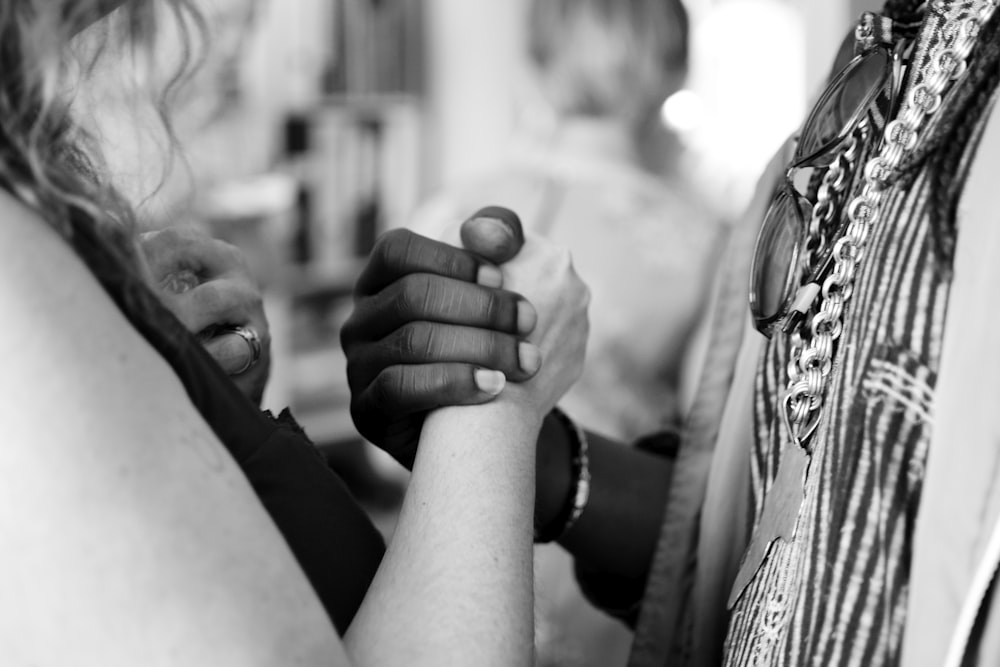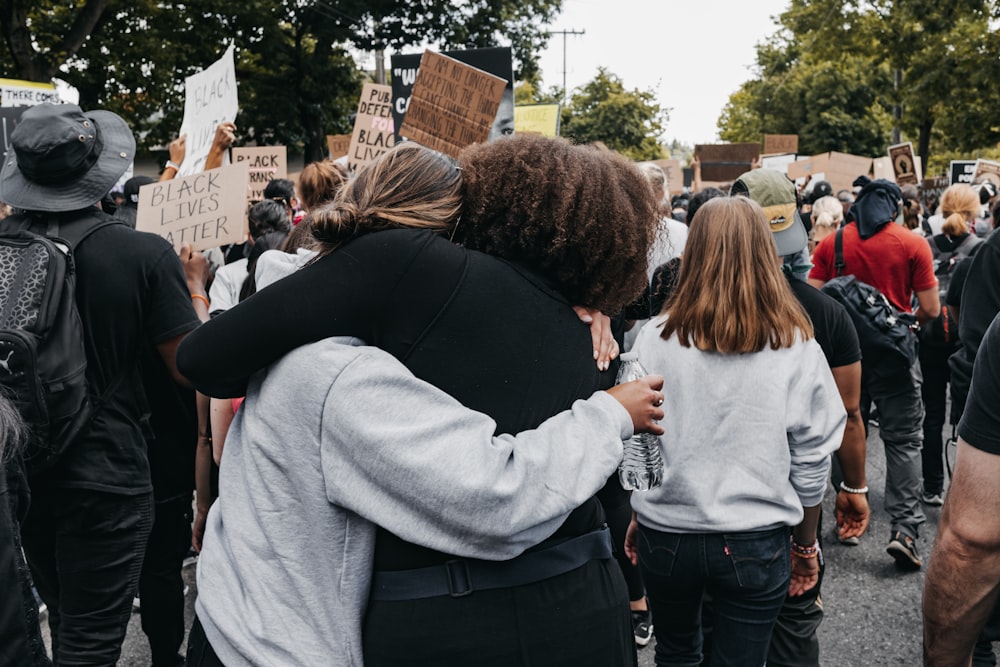In our daily lives, our emotions are pushed and pulled in countless directions. With a toddler in the house, my first waking moment is often the sound of her crying or asking me to wake up. If I’m lucky enough to sleep in a bit, my earliest emotional interactions are with my wife as we get up, make and drink our coffee, and open the modern version of the daily newspaper—the news apps on our cell phones.
As humans, we are often said to be “hard-wired” for connection. One of the strongest ways we connect with others is through empathy. Another powerful way we connect is through compassion. What are these emotions and how do they help shape our lives?
Empathy can be defined as the ability to understand and share the feelings of others. It involves putting ourselves in someone else’s shoes and trying to see the world from their perspective. Dale M. Kushner, MFA, helps us to differentiate between “cognitive empathy” and “emotional empathy” when she writes:
Cognitive empathy is when someone is intellectually able to understand what someone else is feeling or thinking. Researchers distinguish this from affective or emotional empathy when someone feels another’s emotions and responds with an emotion.
While it is tempting to think of these as different levels of empathy, they are better understood as different styles. If you have ever taken the Myers-Briggs Type Indicator, you might remember that the last two letters suggest different styles of operating in the world: Thinking vs Feeling and Judging vs Perceiving. Similarly, whether you are better at cognitive empathy or emotional empathy likely just reflects your own strengths in the world.
Another common belief is that empathy is the same as sympathy, which involves feeling sorry for someone or pitying them. In fact, empathy helps us to connect with others on a deeper level and acknowledge their experiences as valid and important.
Moving to Compassion
Compassion, on the other hand, is the desire to alleviate the suffering of others. It involves taking action to help others and making a positive difference in their lives. Compassion is often seen as a form of love, but it is distinct from romantic or familial love. Compassion moves us to caring for others and recognizing their inherent worth and dignity as human beings.
In Buddhist psychology, compassion is one of the four “divine abidings” that we can practice to cultivate greater calm and concentration. I’ve written a lot about loving-kindness, which is another one of the divine abidings. While loving-kindness focusses on general well-being and happiness across all beings in the world, compassion practice focuses on the suffering of all beings we encounter.
Richard Davidson, Ph.D., is a professor of psychology and psychiatry at the University of Wisconsin–Madison who has worked extensively with the Dalai Lama and countless Buddhist philosophers and skilled meditators. He tells us that:
When people experience raw empathy, regions of the brain associated with pain and negative emotions become more active rather than the brain regions associated with positive feelings and a capacity to view things from another’s perspective. But with compassion, it’s a different network. It’s brain regions associated with positive emotions, feelings of connection, and the ability to see from someone else’s perspective.
Dr. Davidson recommends seeking out small opportunities to practice compassion, such as helping an elderly person with a small task or making a meal for an ill friend or neighbor. In our society, it seems that being right, cancel culture, and “virtue signaling” have sometimes overtaken our common impulses for compassion toward one another.
In meditation, we can see that all of these responses keep us too much “in our heads.” If we can drop down into our bodies, and recognize the fragile bodies of those around us, we can often soften our approach. This doesn’t mean we allow injustice, but it does require us to seek out justice that includes all people in deep and meaningful ways. Many wise people have clarified this kinder way of confronting injustice as “calling in” rather than “calling out.”
A place for both Empathy and Compassion
Both empathy and compassion are essential for building strong and meaningful relationships with others. When we practice empathy, we can better understand the experiences and perspectives of our friends, family members, coworkers, and even people we consider to be “enemies.” This can help us to communicate more effectively and build stronger bonds with those around us. When we practice compassion, we can show others that we care about them and are willing to take action to help them when they need it. This can help to create a sense of trust and mutual support in our relationships.
In addition to building strong relationships, empathy and compassion can also help us to navigate the challenges and uncertainties of our own life. When we practice empathy, we can better understand the experiences and perspectives of others, which can help us to broaden our own perspectives and gain new insights into the world around us. This can be especially helpful when we are facing difficult situations, as this can help us to find new ways to cope and adapt.
For many people, reading fiction can actually be a great form of subtle self-help. This is because we exercise our empathy and compassion muscles as we read about and vicariously experience the emotions of the characters. We can also draw from their successes and failures as we navigate the ups and downs in our own lives.
Empathy and compassion are two essential qualities that are often undervalued in our fast-paced and individualistic society. These qualities are the key to building strong and meaningful relationships with others, and can also help us to navigate the challenges and uncertainties of life.
 Justin Whitaker, Ph.D., holds a doctorate in Buddhist ethics from the University of London. He has given lectures, and taught Buddhist studies and Philosophy at Oxford University, the University of Hong Kong, the University of Montana, and at Antioch University’s intensive study-abroad program in India. A certified meditation teacher, he is a regular contributor to Patheos.com, and Senior Correspondent for Buddhistdoor Global. Justin is the official blog writer for Sunflower Counseling MT in Missoula, Butte, Kalispell, Billings, and surrounding areas. He lives in Missoula with his family.
Justin Whitaker, Ph.D., holds a doctorate in Buddhist ethics from the University of London. He has given lectures, and taught Buddhist studies and Philosophy at Oxford University, the University of Hong Kong, the University of Montana, and at Antioch University’s intensive study-abroad program in India. A certified meditation teacher, he is a regular contributor to Patheos.com, and Senior Correspondent for Buddhistdoor Global. Justin is the official blog writer for Sunflower Counseling MT in Missoula, Butte, Kalispell, Billings, and surrounding areas. He lives in Missoula with his family.


